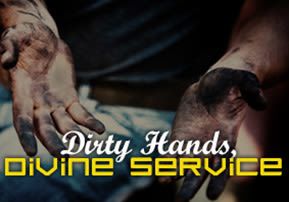
Toldot: Dirty Hands, Divine Service
Why does the Torah stress that Isaac himself did the back-breaking manual labor of digging wells? Is that so complimentary? Where were all his servants?

"And Isaac dug anew the wells of water which they had dug in the days of Abraham…" (Genesis 26:18).
In the age of high-tech and start-ups, people turn their noses up to the thought of manual labor, especially when it means getting your hands dirty. So why does the Torah stress that Isaac himself did the back-breaking labor of digging wells? Is that so complimentary? Where were all his servants?
Let's preface our answer with a story from the Gemara[1]: A voice from Heaven called out and ordered the banishment of Issachar ben Barkai, then High Priest in the Holy Temple, because he wore gloves when he was preparing a ritual sacrifice, to prevent his hands from getting dirty with all the animal blood and offal. His actions showed that he disdained Divine service, which to him to a back seat to his own prestige and appearance. Issachar ben Barkai didn't see Divinely-sanctioned ritual sacrifices; all he perceived was blood and guts. Unlike our forefather Isaac, he wasn't prepared to get his hands dirty for anyone or anything, including Hashem.
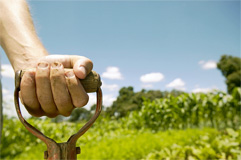 Hashem commands Isaac, "Dwell in this land"[2], in other words, settle here and don't leave for any reason. As such, Hashem conveyed to Isaac the importance of settling the Land of Israel, for this was the Promised Land that He personally set aside for the Jewish People. Although in other passages the Torah mentions specifically that Isaac's servants performed certain tasks and dug certain wells, the Torah is precise in stating that "Isaac planted in that land"[3], and as in our passage at hand, that he alone dug the water wells. We learn a tremendous lesson here: Isaac doesn't consider himself the holy Akeda who was willing to sacrifice himself on the altar, and is therefore exempt from any mundane endeavors. By no means! He personally prepared the foundations for his offspring's settling the Holy Land.
Hashem commands Isaac, "Dwell in this land"[2], in other words, settle here and don't leave for any reason. As such, Hashem conveyed to Isaac the importance of settling the Land of Israel, for this was the Promised Land that He personally set aside for the Jewish People. Although in other passages the Torah mentions specifically that Isaac's servants performed certain tasks and dug certain wells, the Torah is precise in stating that "Isaac planted in that land"[3], and as in our passage at hand, that he alone dug the water wells. We learn a tremendous lesson here: Isaac doesn't consider himself the holy Akeda who was willing to sacrifice himself on the altar, and is therefore exempt from any mundane endeavors. By no means! He personally prepared the foundations for his offspring's settling the Holy Land.
Isaac's actions teach us two important lessons: first, the importance of settling and building our holy homeland. Second, there is nothing contemptible in the performance of a mitzvah. As a shochet and a mohel well know, doing the loftiest of mitzvoth sometimes necessitates getting our hand dirty. It is therefore not at all surprising that the Gemara tells another story about a Heavenly voice that was heard in the Holy Temple[4], this time praising one of the priests: "Open, ye Heavenly Gates, and let Yochanan ben Narbai enter." The Gemara tells that Yochanan ben Narbai had a massive capacity for eating; for desert, he could eat over a hundred pounds of meat. Why should a Heavenly voice praise such an apparent glutton? The Gemara tells us that Yochanan ben Narbai didn't eat for his own enjoyment; he ate so that the meat of ritual sacrifices wouldn't go to waste and be treated with disdain.
King David readily dirtied his hands in the service of Hashem. The Gemara tells us that he earned the title of "pious" because he repeatedly soiled his hands with blood, for he personally checked women's bedika cloths to "purify a woman for her husband"[5].
We would all readily dirty our hands of we had to dig up 10-carat diamonds from the soul. Yet, each mitzvah we do, no matter how small or seemingly insignificant, is worth much more than a 10-carat diamond. How fortunate we are!
[1] Tractate Critot 28b
[2] Genesis 26:3
[3] Ibid, 12
[4] Tractate Pesachim 57a
[5] Tractate Berachot 4a






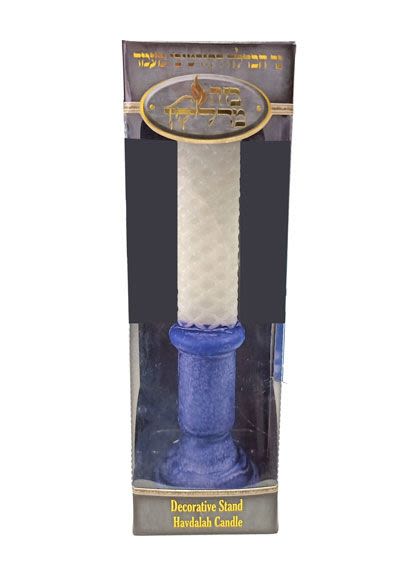
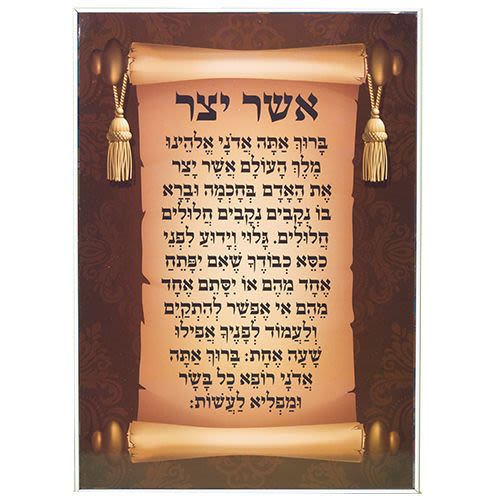
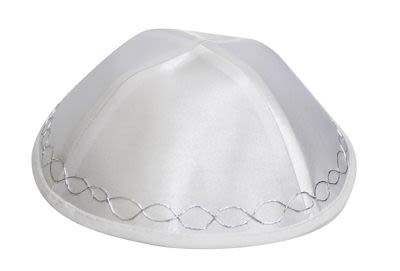
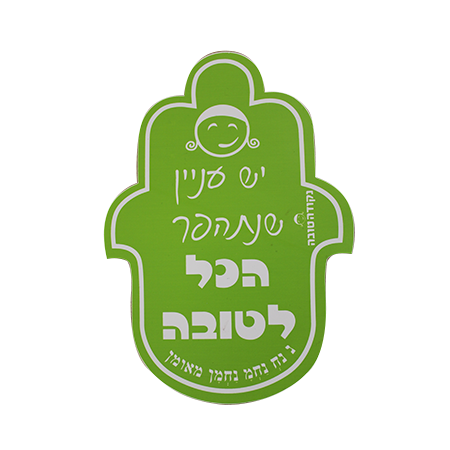
Tell us what you think!
Thank you for your comment!
It will be published after approval by the Editor.